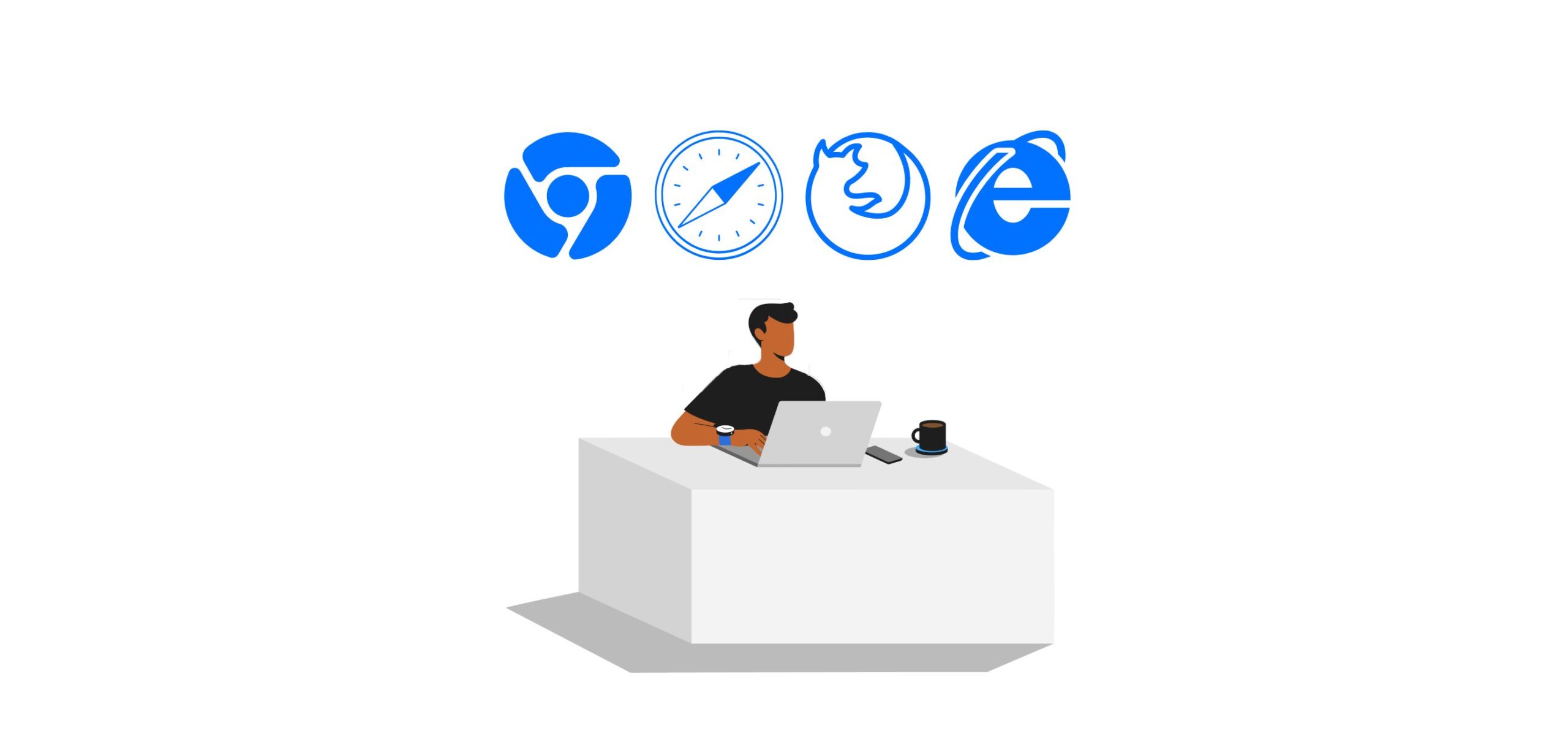Eight Advantages of Custom Software Development
Commercial off-the-shelf software solutions don’t always cater to the specific needs of enterprises, which is where custom software development comes into play.
Businesses looking for software solutions tailored to their demands need custom software development.
A custom software development process includes brainstorming, designing, building, testing, and maintaining applications developed with specific functionalities in mind.
In this post, we will:
- Understand what custom software development is
- Discuss the benefits of custom software development
- Compare custom software with off-the-shelf software solutions
- Learn how to create custom software, and
- Understand how much it costs to build custom software.
So, let’s jump right in!
What is custom software development?
Custom software, also known as bespoke software or tailor-made software, is a technological solution explicitly designed based on a company’s unique needs. Businesses build them to improve efficiency, productivity, and customer relationships.
Commercial off-the-shelf software (COTS) solutions are mass-produced for many customers.
Custom software development, also termed custom application development, is creating software applications to be used within an enterprise. It serves to automate complex, manual, or repetitive tasks that may otherwise require several systems.
Custom software development helps businesses gain an edge over their competitors and scale their business to the next level.
Custom Software vs. Off-the-Shelf
- Speed. Since off-the-shelf products don’t need to adhere to specific requirements, they are often faster to build.
- Price. Developing a custom application is a pricier option.
- Customization. Custom software allows businesses full reign to customize their software to tackle specific challenges. Unfortunately, it’s decidedly difficult to do so with COTS products.
- Community. COTS solutions have a bunch of businesses that can vouch for its functionality and efficiency. Building a custom application doesn’t allow you to check reviews to see how good it is. In this case, COTS products offer a better sense of community.
- Competition. Custom applications allow you to customize and modernize your business and gain a competitive advantage. It is an excellent way to stand out in the marketplace.
Benefits of custom software development
Targeted Solutions

Custom software development: Targeted solutions
One of the primary benefits of investing in custom programs is addressing a company’s exact needs and specifications. As a result, businesses can shape programs according to their requirement instead of working around the limitations of off-the-shelf software solutions.
Highly customizable and scalable
As your company grows, it’s normal for the goals and objectives of your business to change.
If you purchase an off-the-shelf software solution, you may not be able to adapt the tool to suit your business’s changing needs, or it may be too expensive to do so.
Custom application development allows organizations to have complete control over their software code. When required, companies can adapt the application’s features to meet their needs.
Seamless integration

Custom software development: Seamless integration
Businesses can easily integrate custom applications with the third-party software solutions your business is already using.
Most commercial off-the-shelf software tools are generic. Therefore, it’s challenging to integrate them with the system you already have in place.
Hardware expenses
Purchasing a license for commercial software products often requires businesses to invest in additional hardware to ensure it runs smoothly.
When businesses build custom programs in-house, developers can consider the company’s current hardware capabilities while building the software.
This process saves the company quite a bit of money and saves it from forcefully adapting to what’s available.
Data security
With businesses building a global remote workforce, data security has become an even bigger priority.
A custom application ensures that the company’s data is secure, thereby eliminating the additional expenses associated with security while dealing with off-the-shelf solutions.
Continuous Support & Maintenance
Having a dedicated development team on board will help ensure you have technical support anytime you encounter an issue. An in-house team also knows the software solution inside and out and can effortlessly tweak or update the application when you need it.
Reliability
Working with a commercial off-the-shelf software solution forces you to rely on the company that has developed the product: the terms and conditions, subscription costs, future of the product, features, and functionalities.
If the company stops the software product or goes bankrupt, your business may experience chaos while transitioning to another product.
A custom program lasts a lifetime unless you decide otherwise. So while you do need to consider the added costs of maintenance, you have a lot fewer things to stress about in the long run.
Exclusive ownership
Unlike COTS solutions, custom applications give the company complete ownership over the final product. This control means business owners have the freedom to make changes and leverage the software program to its fullest potential.
Furthermore, you don’t need to worry about complicated rules and regulations.
How to build custom software solutions for your business
The steps listed here are just to give you an understanding of the custom software development process. In reality, it is much more complex than they appear.
- Identify pain points. Know what you need to address while building your software solution.
- Brainstorm ideas. Let your software development team brainstorm solutions to the challenges you’ve identified. This exercise will help you create an outline of the features and functionalities of your software.
- Set goals. Create a list of tangible goals you want to achieve, like scalability or lead generation. Establishing measurable goals will help you understand how well your software solution performs.
- Research software development requirement. This initial step is to create a plan that outlines exactly how the team will do the project. If you have an in-house software development team, that’s excellent. If not, you can outsource your software development needs and have them review your proposal and build your software program.
- Build the final product. The final product is where you create a design that envisions your custom software’s appearance, and so the team can begin the coding and implementation. Then it’s all about building, deploying, and refining your software until it’s finally ready to be launched!
How much does it cost to develop custom software?
Depending on how extensive your software solution is, the cost of building it will vary.
Factors like the size of the software, design, complexity, data migration, and third-party integrations will considerably impact the final cost.
Furthermore, the cost of developing a custom software solution can range anywhere between $2000 and $250,000.
Summary
Building a custom software solution can seem daunting due to its myriad considerations. As a result, many entrepreneurs won’t even try to build a custom solution, which can be a big mistake for companies.
You will need a team of skilled and experienced software engineers to build a software program.
If you don’t already have an in-house software development team or are looking to hire dedicated developers for your team, Turing can help.
Turing is a deep jobs platform that allows companies to recruit skilled senior remote developers. You can take advantage of Turing’s tried-and-tested vetting process to have your pick of qualified remote software developers.
You’ll have access to a talent pool of the top 1% of 1M experienced developers with strong technical and communication skills who can work according to your requirements.
Tell us the skills you need and we'll find the best developer for you in days, not weeks.












